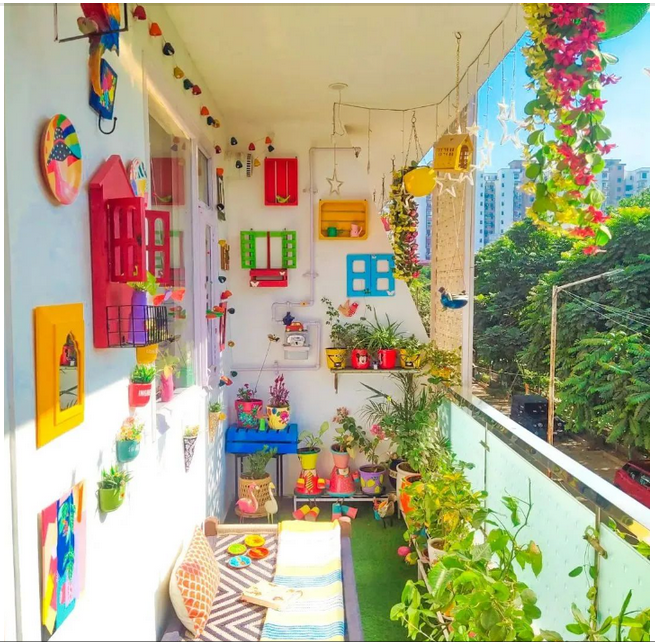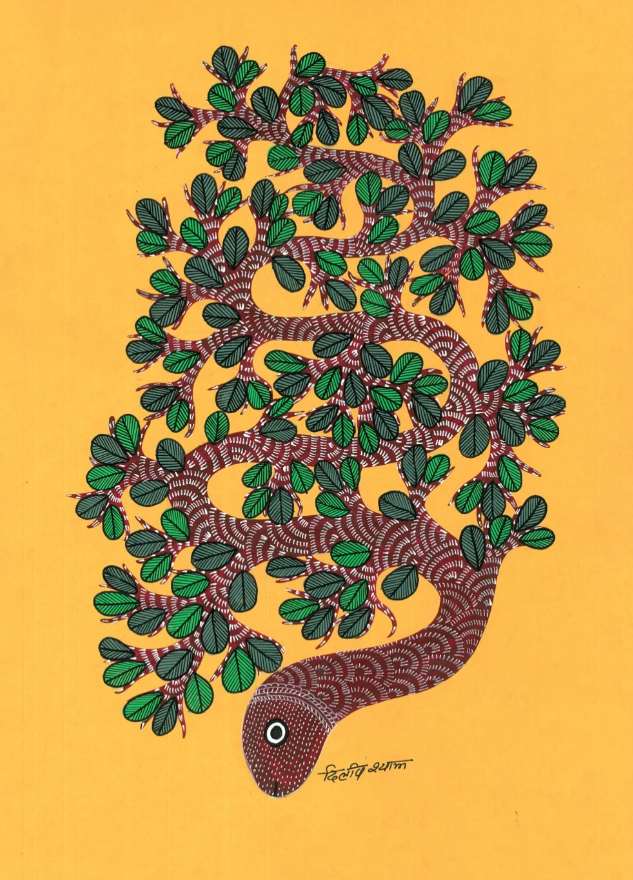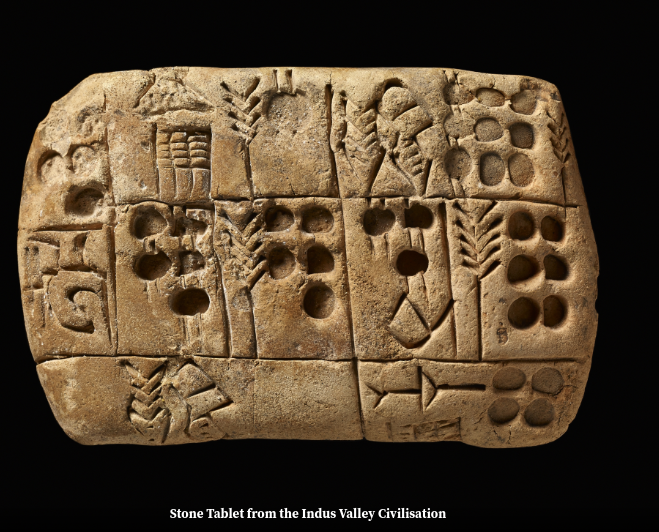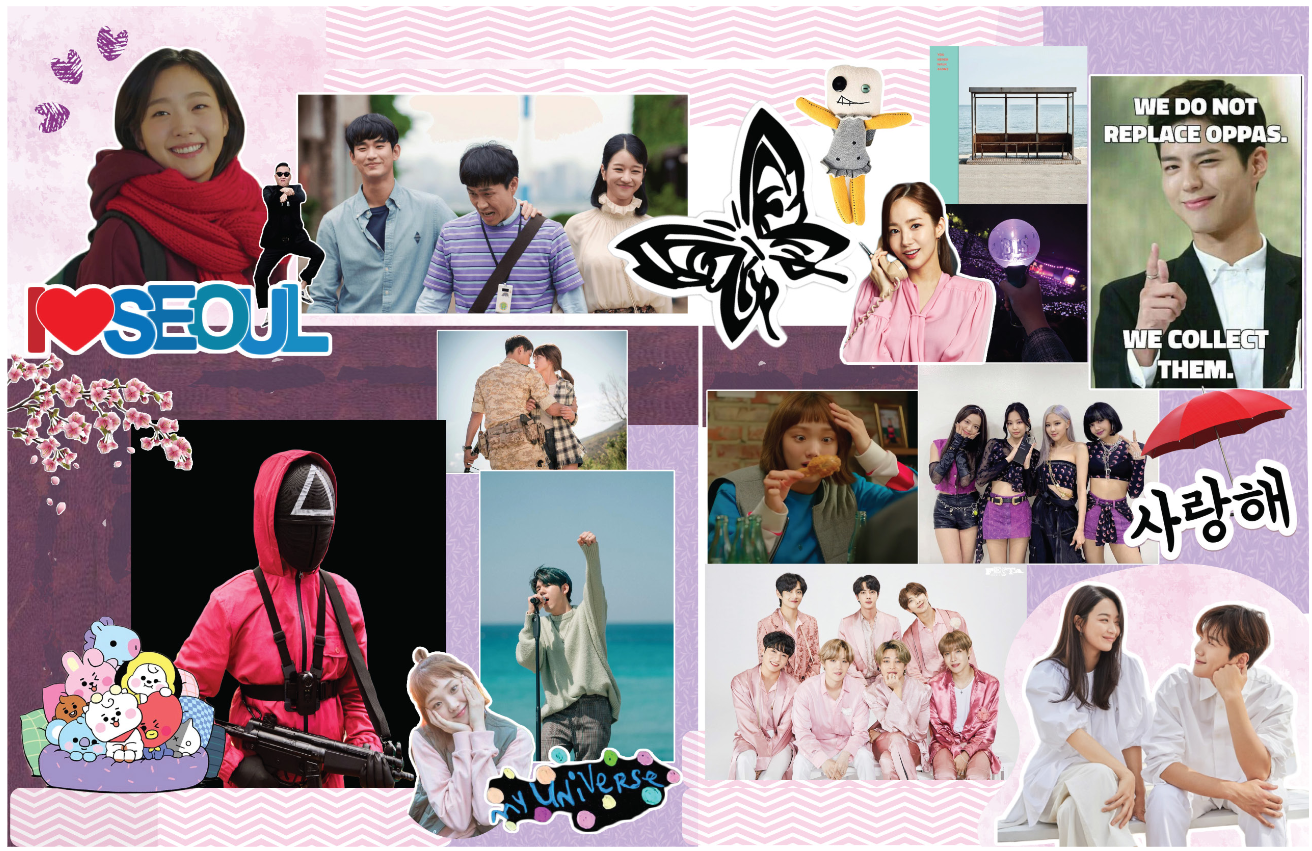Blogs

BTS
26 Dec 23
By Owner
Time : 498 days 19 hours 22 minutes 45 seconds ago

We spoke to Sneha Gupta, an honorary reporter of Korean cultural Information and Service, Cultural tourism of South Korean Government about her fascination with Korean Culture, she explained to us in detail about the same.
Hello, Sneha. We are truly excited to witness your insights into Korean Culture, media and pop culture. Let’s start with how you encountered Korea and its vast influenced culture? ‘Cause we are fascinated by the impact it is having right now!
I had a college friend, she was my classmate and she introduced me to a song by BTS, it was called ‘Blood, sweat and tears’ and that was my initial introduction to South Korea. That got me interested in more of K Pop music and I started listening to it. Later I discovered more Korean bands, other K content (Korean Content) and had a fun time discovering the scenario. There
was no specific tipping point as such, I started watching and reading more about it. That was when I was introduced to the word Hallyu, the influential Korean wave. I think it was in the year 2017, I eventually got interested in the culture. I started doing my own research and reading to understand the culture better. Searching for more Korean Content led me to Arirang TVhttps://www.youtube.com/c/ArirangCoKrTV , which is a simul-telecast youtube channel that is popular in the north, north east and western states of India. We can only access it through youtube. They make a lot of content based on Korean culture, traditions, and language.
We love that you mentioned having no tipping point as such, does that articulate an understanding that discovering about different cultures might be your passion?
I would have to say that culture fascinates me as a topic to indulge in. I’m passionate about knowing the history of a place, tradition or people, it kind of pulls me into it. It happened very smoothly when I kind of started to dive into the Korean lifestyle and what made it so appealing. I have come to appreciate this culture a lot and I really wish to go to this place and experience this beaming life one on one some day.
Hope so we can tag along with you to Korea. Research is often underrated in terms of fully understanding a culture to appreciate it, how does this study and understanding influence your work? We have read your article on BTS, so is there another one in the
works?
(Sneha laughs at this) There is definitely another one in the works but I cannot disclose much about it. More than personal benefits, I'm working on something I'm passionate about. The influence it has on my work is that it is helping me learn, research, read and write more. Research is the key and we have to read a lot. This process is helping me learn about a culture
that is a new one. I’m getting to increase my knowledge about the culture and everything about Korea. And when you are passionate about something, it doesn't really feel like work at all.
That’s very true, look at us- it seems like we already are discussing Korean Culture in depth and it doesn’t feel like work! Tell us as we are curious to know what excites you the most about Korea?
I love history, I love reading about it, so even though it’s not something I have majored in, learning about a new culture interests me the most. But then there’s Korean food that excites me. I'm interested in Korean food (to which we smiled). I have tried a few as there is a Korean Bakery here in Kolkata, they also serve Korean dishes. Along with that I have tried cooking Korean dishes like instant noodles.
Go on, tell us one dish you have tried and fell in instant love with it
Apart from the instant noodles, I did try to make the candied sweet potato, “Goguma mattang” https://mykoreankitchen.com/candied-sweet-potato-in-caramel-sauce-goguma-mattang/ . I have also tried making the Korean Fried Chicken https://www.allrecipes.com/recipe/238844/korean-fried-chicken/ , but the only difference was that I had to use Indian Chilli paste instead of their traditional chilli paste that they use called “gochujang”. Apart from that I also tried the Kimbap which is sticky rice with sushi, veggies and meat. But out of all the dishes I have tried and experimented my favourite is still Korean Fried chicken. In fact, when I had applied for the honorary program, they had asked us to write about something that would be related to Korea and its culture. I wrote about Korean food, which is interesting since I love Korean food and the article for which I got selected was also about Korean soups and stews.
So, whom did you go with to these Korean eateries?
I went with my family. It was the first time for all of us and I have to say they loved it. I knew I would love Korean food and with the research I had done, I was familiar with the names and what it may or may not contain but for my family they were completely unaware of it. But regardless of that, they loved it!
As we are on the topic of food, do you find the availability of Korean ingredients has increased or is it still the same?
I would have to say the availability of products and the popularity of them has been increasing ever since. I think it has to do with the growing fandom of BTS and the bands alike. In the past two- three years, the scenario has changed a lot. Initially, I wanted to try and cook Korean food, but the ingredients were not available. Now the products are easily available and the price is affordable too.
From my experience and research, Delhi has a lot of convenience stores that stock Korean ingredients. I did find online stores more convenient and available during the pandemic situation. In fact the owner of the Korean Restaurant I mentioned started his own Korean grocery and merchandise shop. The products are directly imported from Korea too. So that certainly increases the availability.
The fandom of Korean Food and Pop culture is on the rise as we are witnessing, have you experienced the love and gravity of this fandom?
I can tell you about one event and I think I can testify that it was when I realised what it meant to be a part of BTS Army. When the BTS documentary was released in India - that was the first time a K-pop related full length documentary was released in India. BTS Army from all around the country gathered at a place. It was certainly not just any other documentary screening but something so close to the BTS Army’s heart. So imagine all these unknown strangers became friends and we could connect in seconds. Although there are not a lot of events happening in Kolkata, we make it a celebration whenever possible. This is one of the positive impacts the Hallyu wave https://www.wikiwand.com/en/Korean_wave is generating.
This impact is truly one to behold. Moving further, can you tell us what drew you closer to Korean culture? Or did you find any similarities in the Indian and Korean culture?
There are similar things between both the cultures. The traditional values have a very close proximity to India’s culture. Korean people give a lot of value to traditional customs and practices. For example the familial values are considered as an important step by involving the family members into important decisions of one’s life. It is very similar to Indian culture as well.
The focus on family and ancestry is something I have observed as an important cultural similarity. The traditional festival, Chuseok, is about remembering the ancestors and paying respect. No matter how much we are progressing, there are certain things that we don't get rid of, and this is one of the main connections I think intertwine both the cultures.The simplicity in their culture makes Korean people focus more on nature. They try to incorporate nature into everything. Black, white, yellow, green (or blue) and red (5 cardinal colours) are very important for them and easily found in nature. If we insert these 5 colours in our everyday life, we kind of insert the cosmic energy into us. It helps maintain the balance and harmony of the mind, body and the soul. Something very similar to Indian culture.
Is this also a reason why Korean culture is becoming mainstream due to the relatability factor?
The Korean wave is spreading through K-pop music, dramas. This is what is contributing to the popularity of the culture among the masses. As I’m much more aware of BTS music, I shall speak for them. The issues that BTS address with their music through different mediums, they range from building self confidence, courage, self love, mental health, about identity, raising voices against racism, social discrimination and bullying. These are the issues that people are not very comfortable talking about in the open. I think in this aspect BTS helps people to think out loud about these matters. This opened the gate to start the #SpeakYourself campaign which
made a very positive influence and impact on our society. This needs to keep on going and shouldn’t be stopped because it is very much needed in the present day situation. There is a common notion among certain people that only the younger generation is getting influenced or you know, inspired by the Hallyu wave. But i dont think it’s the truth because I know people of different ages are getting inspired by the same motivated enthusiasm. There is no age or gender barrier when it comes to K-pop music. Another thing to add, as you said, is relatability,people are able to relate themselves with the content. When I'm listening to a K-pop song, focus on the lyrics as well. Lyrics are a very important part of the music or a song and I think that is creating a big difference. After listening to a certain song, the lyrics reflect a part of my life or a song feels very personal to me. There are millions of people around the world who would feel the same way about this.
Words by Prasheel (@prsh.journal), Intern at VisioNxt.
The Team - Dr. Kaustav Sengupta, Director - Insights, Dr. Shalini Sood Seghal, Director - Creative, Ms.
Poornima S, Trendspotting Coordinator, VisioNxt.
For more information, email us at visionxt@nift.ac.in








